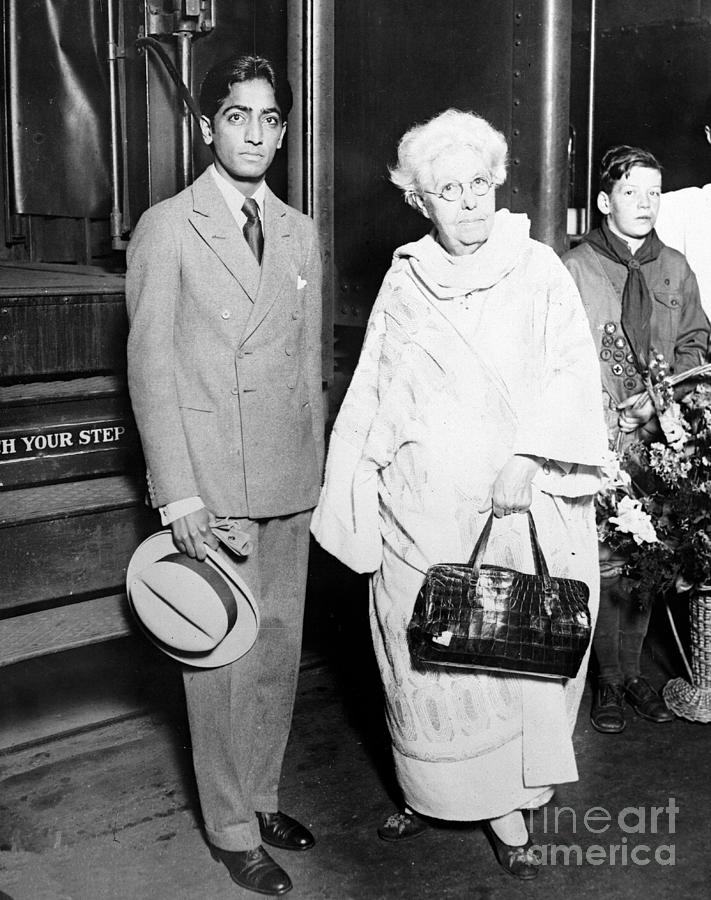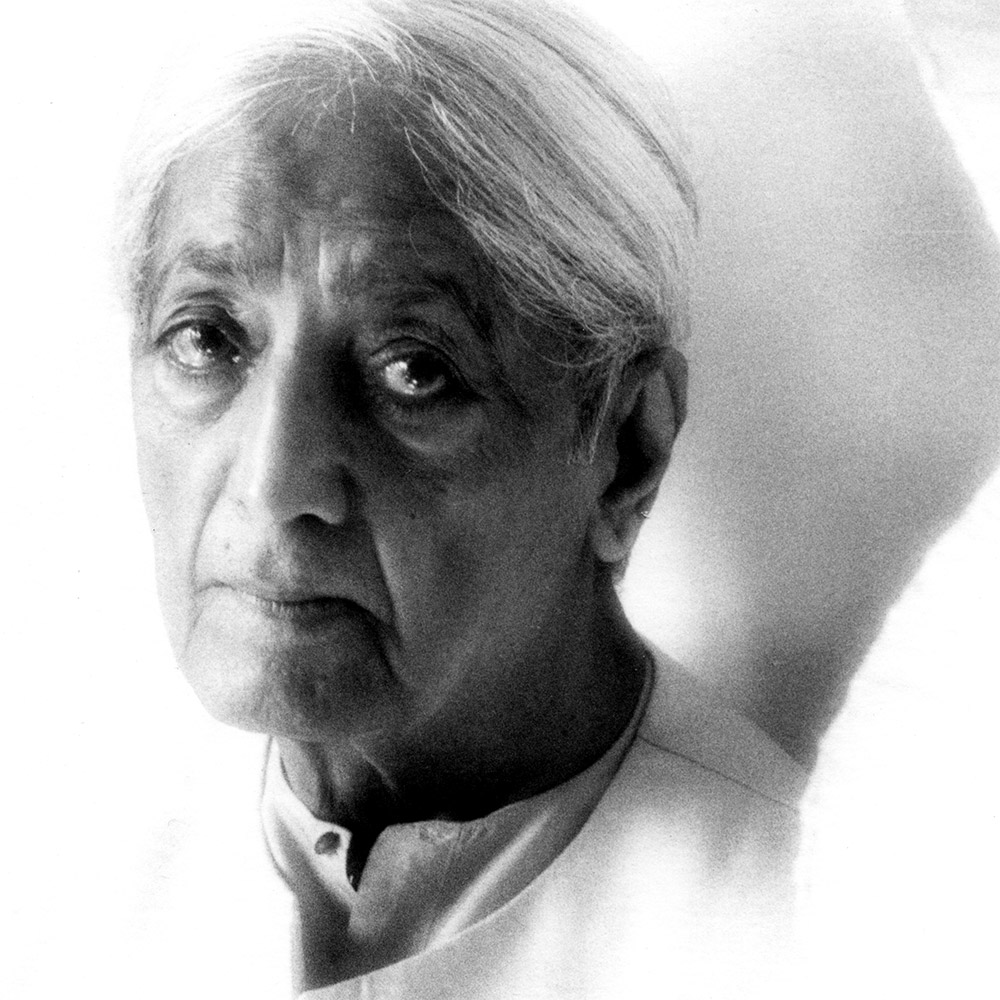j krishnamurti on guilt
Associated Articles: j krishnamurti on guilt
Introduction
With nice pleasure, we’ll discover the intriguing matter associated to j krishnamurti on guilt. Let’s weave attention-grabbing data and supply contemporary views to the readers.
Desk of Content material
The Unburdening: J. Krishnamurti on Guilt and the Path to Freedom

Jiddu Krishnamurti, a thinker and non secular instructor, devoted his life to exploring the human situation and providing a path to liberation. Central to his teachings is the understanding of the thoughts, its intricate workings, and the crippling results of psychological constructs like guilt. Krishnamurti did not supply a theological or moralistic framework for understanding guilt; as an alternative, he dissected its psychological roots, revealing its mechanism and suggesting a strategy to transcend its debilitating affect. He did not preach forgiveness as a non secular act however as a pure end result of understanding the character of the self.
Guilt, for Krishnamurti, is not merely a sense of regret for a flawed motion. It is a much more advanced phenomenon, deeply intertwined with the self-image we assemble and the societal conditioning we take up. This self-image, a fragile and ever-shifting assemble, is consistently threatened by perceived failures, deviations from societal norms, and the relentless inner choose that resides inside us. Guilt, then, turns into the weapon this inner choose wields, retaining us certain to a way of inadequacy and stopping real self-knowledge.
He argued that the origin of guilt lies within the very construction of our pondering. We’re conditioned from a younger age to evolve to societal expectations, to stick to ethical codes, and to attempt for approval. This conditioning creates a way of "ought to" and "should not," a framework that dictates how we "ought" to behave. Any deviation from this prescribed path triggers the sensation of guilt. This is not essentially about objectively flawed actions; it is about violating the internalized guidelines and expectations that outline our self-image.
Krishnamurti emphasised the essential function of comparability in fostering guilt. We continually evaluate ourselves to others, measuring our achievements, our possessions, {our relationships} towards some idealized commonplace. This comparability inevitably results in emotions of inadequacy, envy, and in the end, guilt. We really feel responsible for not being as profitable, as enticing, as completed as others. This comparability, he argued, is a futile and self-destructive train, because it prevents us from accepting ourselves as we’re.
The self, in line with Krishnamurti, is just not a set entity however a dynamic course of, continually formed by our ideas, feelings, and experiences. The sensation of guilt additional reinforces this fragmented, insecure self. It reinforces the assumption that we’re inherently flawed, unworthy, and in want of redemption. This perception then fuels a cycle of self-criticism, self-punishment, and a perpetual state of hysteria.
To flee this cycle, Krishnamurti proposed a radical strategy: self-observation with out judgment. He did not advocate suppressing or denying emotions of guilt; as an alternative, he inspired a deep and neutral commentary of the method of guilt itself. By observing the ideas, feelings, and bodily sensations related to guilt, we start to grasp its mechanism, its origins, and its impression on our lives. This commentary, nevertheless, should be devoid of judgment. We mustn’t condemn ourselves for feeling responsible; relatively, we should observe the sensation with out getting entangled in it.
This technique of self-observation is just not a passive exercise. It requires a major diploma of self-awareness and self-discipline. It includes questioning the very foundations of our perception methods, difficult the internalized judgments and expectations that gasoline guilt. It means questioning the "shoulds" and "shouldn’ts" that dictate our lives and recognizing their conditioning origins.
Krishnamurti usually emphasised the significance of understanding the character of thought. He argued that thought is just not a impartial instrument however a strong power that shapes our perceptions, feelings, and actions. Guilt, he stated, is a product of thought, a assemble created by the thoughts. By observing the workings of our personal minds, we are able to start to unravel the patterns of pondering that result in guilt. This includes recognizing the function of reminiscence, the tendency to cling to the previous, and the projections we make concerning the future.
The trail to freedom from guilt, for Krishnamurti, lies in understanding the character of the self. This is not a matter of self-improvement or self-transformation however of self-discovery. It is about recognizing that the self is just not a set entity however a continually evolving course of. By understanding this course of, we are able to start to detach ourselves from the self-image and the judgments that gasoline guilt.
Forgiveness, in Krishnamurti’s perspective, is not an ethical crucial or a non secular act. It is a pure end result of understanding the character of the self and the restrictions of the thoughts. Once we perceive that our actions are the product of a fancy interaction of things, together with conditioning, ignorance, and concern, we are able to start to strategy ourselves and others with compassion. Forgiveness, then, turns into not an act of condoning flawed actions however an act of understanding the human situation.
This understanding requires a radical shift in perspective. It requires us to maneuver past the duality of proper and flawed, good and dangerous, and to see the world and ourselves with a way of wholeness and acceptance. It includes recognizing the interconnectedness of all issues and understanding that our actions have penalties, not just for ourselves but additionally for others.
In the end, Krishnamurti’s teachings on guilt supply a path to freedom – not freedom from accountability, however freedom from the self-imposed jail of guilt and self-condemnation. It is a path that requires self-awareness, self-observation, and a willingness to query the very foundations of our perception methods. It is a path that results in a deeper understanding of ourselves and the world, and in the end, to a life lived with higher readability, compassion, and freedom. The unburdening, as Krishnamurti would possibly say, comes not from exterior absolution however from an inner revolution, a metamorphosis of consciousness that enables us to see past the restrictions of the self-created cage of guilt. That is the true liberation he sought to light up for all.








Closure
Thus, we hope this text has offered beneficial insights into j krishnamurti on guilt. We hope you discover this text informative and useful. See you in our subsequent article!